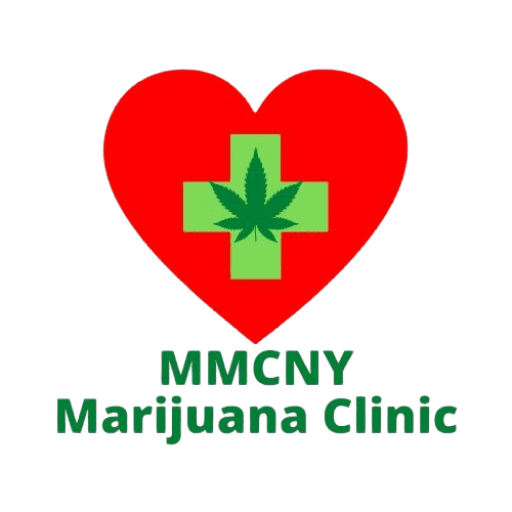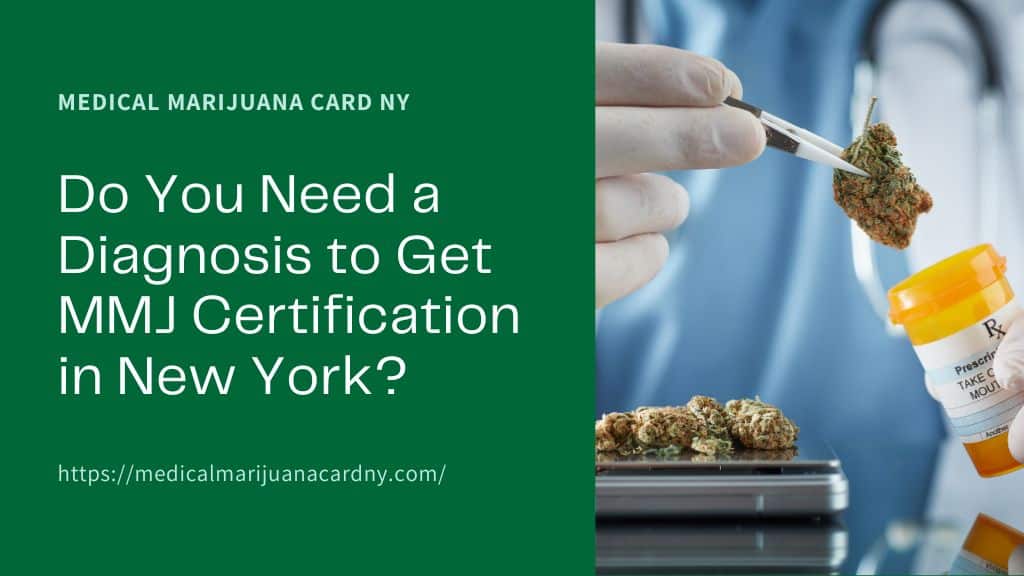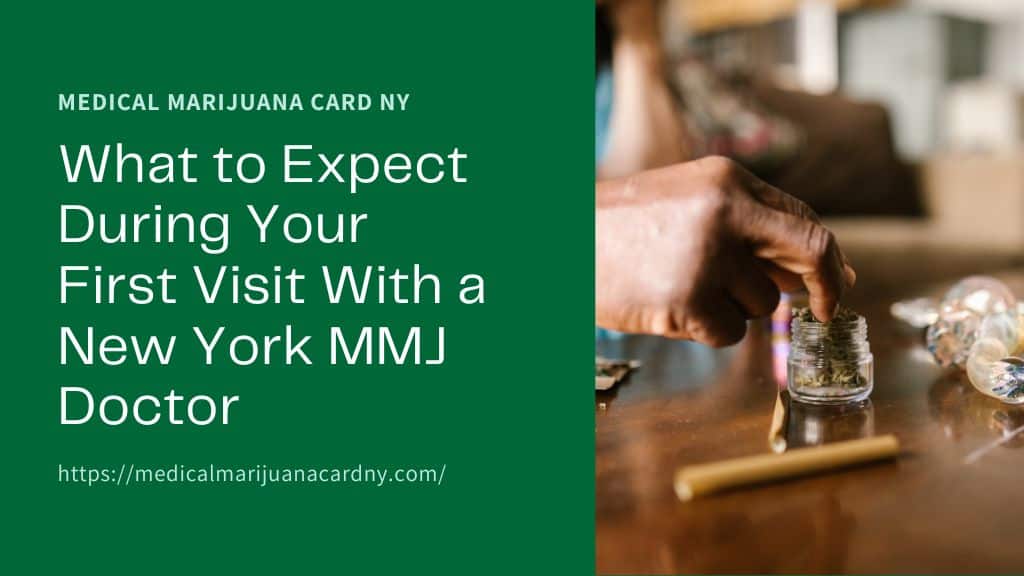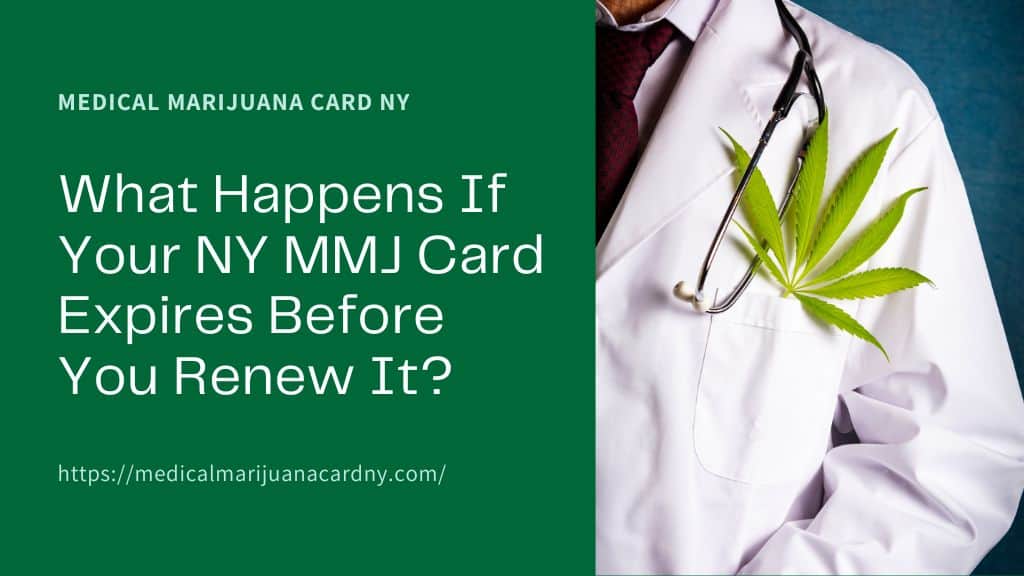Navigating the intricate landscape of travel and transportation laws in New York as a medical cannabis user presents a unique set of challenges and considerations. This blog delves into the complexities of how such laws impact individuals relying on medical cannabis for their health and well-being.
With New York’s legal framework evolving, it’s crucial for patients and caregivers to stay informed about the latest regulations governing the transportation of medical cannabis within the state.
From understanding the specific documentation required to legally transport medical cannabis, to navigating public transportation and interstate travel, this blog offers an in-depth exploration backed by facts, statistics, and expert insights.
Whether you’re traveling by car, public transit, or planning a trip that crosses state lines, our comprehensive guide provides the essential knowledge you need to travel confidently and compliantly.
We encourage all medical cannabis users in New York to read on for valuable information that could significantly affect your travel plans and legal standing, ensuring you stay informed and prepared in any situation.
Table of Contents
Toggle- What Challenges Do Medical Cannabis Users Face While Travelling in New York?
- What Are the Current New York Laws Regarding Medical Cannabis Use?
- Who Is Eligible to Use Medical Cannabis in New York?
- How Can Medical Cannabis Users Safely Travel Within New York?
- What Precautions Should Be Taken When Travelling by Car, Bus, or Train?
- Which Forms of Transportation Are Most Accommodating to Medical Cannabis Users?
- Are There Any Restrictions on Public Transportation for Medical Cannabis?
- What Are the Legal Implications of Crossing State Lines with Medical Cannabis?
- How Do Airport Security and Air Travel Regulations Affect Medical Cannabis Users?
- Where Can Medical Cannabis Users Find Reliable Information on Travel Restrictions?
- How Can Medical Cannabis Users Plan Their Travel to Ensure Compliance and Safety?
- Conclusion
What Challenges Do Medical Cannabis Users Face While Travelling in New York?
Traveling within New York as a medical cannabis user involves navigating a series of legal and practical hurdles. One of the primary concerns is the transportation of medical cannabis across different jurisdictions within the state, especially given the varying degrees of enforcement and awareness among local law enforcement.
Additionally, public transportation systems and federal properties, including airports and certain federal lands, adhere to federal laws, under which cannabis remains illegal. This discrepancy between state and federal law creates a confusing scenario for medical cannabis users, who must remain vigilant to avoid unintentional violations.
What Are the Current New York Laws Regarding Medical Cannabis Use?
As of March 31, 2021, New York State took a significant step forward by legalizing recreational marijuana use and possession, marking a pivotal shift in its approach to cannabis. This legislative change complements the existing medical cannabis program, which has evolved to better serve patients.
Under the current framework, medical cannabis use is regulated to ensure that patients with legitimate health needs can access cannabis safely and legally. Patients no longer need a traditional medical marijuana card; instead, they require a medical marijuana certification from a qualified doctor.
This certification, once obtained, automatically registers the patient with the state, providing them with a registration ID number for purchasing medical marijuana products. This streamlined process underscores New York’s commitment to making medical cannabis more accessible to those in need while maintaining regulatory oversight.
Who Is Eligible to Use Medical Cannabis in New York?
Eligibility for medical cannabis in New York is determined by a more personalized approach to patient care. Following updates in 2022, the state shifted away from a predefined list of qualifying medical conditions. Instead, certification for medical cannabis is now at the discretion of qualified medical marijuana doctors.
These healthcare professionals evaluate patients on a case-by-case basis to determine their suitability for medical cannabis use. This nuanced approach allows doctors to consider the full spectrum of a patient’s condition and medical history, ensuring that those who can benefit from medical cannabis have the opportunity to do so. This patient-centric model reflects a broader trend towards personalized medicine, recognizing the diverse needs and circumstances of medical cannabis users in New York.
For patients and healthcare providers alike, staying informed about the latest regulations and guidelines is essential for compliance and effective treatment. New York’s medical cannabis program continues to evolve, reflecting the state’s commitment to providing safe and legal access to cannabis for therapeutic use.
As these changes unfold, patients are encouraged to consult directly with healthcare providers and legal experts to navigate the complexities of medical cannabis use and travel within New York.
How Can Medical Cannabis Users Safely Travel Within New York?
For medical cannabis users, the first step in safe travel within New York is ensuring they have the necessary documentation. This means having a current medical marijuana certification from a qualified doctor. The certification, which provides a registration ID number, is essential for legal protection and for purchasing medical cannabis products within the state.
When traveling, it’s important to keep medical cannabis in its original packaging, clearly labeled, and, if possible, with proof of your medical certification close at hand. This can be particularly helpful if you encounter law enforcement or need to explain your possession of medical cannabis.
Additionally, keeping the quantity of cannabis you carry to what is reasonably necessary for the duration of your trip can help avoid misunderstandings regarding intent.
What Precautions Should Be Taken When Travelling by Car, Bus, or Train?
By Car: When driving, ensure that your medical cannabis is stored in a secure, inaccessible place while the vehicle is in motion, similar to the way prescription medications should be handled. This not only adheres to safe driving practices but also aligns with legal guidelines designed to prevent impaired driving. Be aware that driving under the influence of cannabis is illegal and can result in significant legal consequences.
By Bus or Train: For travel on public transportation such as buses or trains, the key is discretion. Since federal law still prohibits cannabis, and given that some transportation networks operate under federal regulations, it’s wise to check the policies of the specific bus or train service you plan to use. Generally, keeping your medication discreetly stored and not using it while on public transportation can help avoid issues.
Which Forms of Transportation Are Most Accommodating to Medical Cannabis Users?
Private vehicles, provided the cannabis is stored correctly, tend to offer the most control and least potential for legal complications. However, for those using public transportation, services within New York State that operate under state law may be more accommodating, as they are subject to New York’s cannabis regulations rather than federal rules. It’s advisable to review the guidelines provided by specific transportation providers or to contact them directly for advice.
Are There Any Restrictions on Public Transportation for Medical Cannabis?
Yes, restrictions exist, particularly on federally regulated modes of transportation, including certain trains and buses that cross state lines. In these cases, federal law, which does not recognize medical cannabis, applies. For intrastate travel on local or state-run transportation services, while the legal risk may be lower, discretion is still advised. Public use of cannabis is not permitted, and policies regarding the transportation of cannabis can vary between services.
What Are the Legal Implications of Crossing State Lines with Medical Cannabis?
Crossing state lines with medical cannabis is a matter fraught with complexity due to the patchwork of state laws and the overriding federal prohibition on cannabis. Despite medical cannabis being legal in many states, including New York, federal law classifies cannabis as a Schedule I substance under the Controlled Substances Act. This classification means that transporting cannabis across state lines, even from one legal state to another, constitutes a federal offense.
The legal implications of such an act can be severe, ranging from fines to imprisonment, depending on the quantity of cannabis and the intent inferred by authorities. Additionally, while one state may have laws permitting the use of medical cannabis, neighboring states might have stricter regulations or even outright bans, complicating legal protections for medical users.
How Do Airport Security and Air Travel Regulations Affect Medical Cannabis Users?
Air travel introduces another layer of complexity for medical cannabis users. The Transportation Security Administration (TSA), operating under federal oversight, is primarily concerned with safety and security threats. However, if TSA agents discover cannabis or cannabis-infused products during security screenings, they are obliged to report this to local law enforcement, who then determine what action to take based on local laws.
This policy means that even if you are flying from an airport in a state where cannabis is legal, such as New York, you still risk legal complications if cannabis is found in your possession. The legal outcomes can vary significantly depending on the airport’s jurisdiction and the state laws applicable there. For medical cannabis users, it is crucial to research and understand the laws and policies of both the departure and arrival states as well as the TSA’s guidelines on medical cannabis.
Air travel with CBD oil derived from hemp may be less problematic, given that the 2018 Farm Bill federally legalized hemp-derived CBD containing less than 0.3% THC. However, confusion often arises due to the visual and olfactory similarities between hemp-derived and cannabis-derived products, necessitating clear, lab-certified documentation when traveling.
For medical cannabis users considering air travel, the safest course of action is to consult legal advice and consider alternatives to traveling with cannabis. Some may opt to research legal access to medical cannabis at their destination or investigate legal CBD alternatives that comply with federal regulations for air travel.
Navigating the legal intricacies of traveling with medical cannabis requires careful planning and a thorough understanding of both state and federal laws. Medical cannabis users should always prioritize legal compliance and safety, seeking legal counsel when in doubt and exploring all available options to ensure uninterrupted access to their medication without risking legal repercussions.
Where Can Medical Cannabis Users Find Reliable Information on Travel Restrictions?
State Health Departments: For the most current regulations regarding medical cannabis, state health departments are the primary source. Each state with a medical cannabis program has a dedicated website or section providing comprehensive guidelines, including travel restrictions within that state.
For instance, New York’s Department of Health offers detailed information on medical cannabis use, including how to carry your medication legally within state boundaries.
National Organization for the Reform of Marijuana Laws (NORML): NORML’s website is a valuable resource for understanding the legal status of cannabis across the United States. It includes state-by-state guides to cannabis laws, which are essential for planning interstate travel. Visit NORML’s website for updates and detailed analyses of cannabis policies.
Transportation Security Administration (TSA): Given the complexities of air travel with medical cannabis, the TSA’s website provides guidance on what is permissible to carry on flights and what you might expect during security screenings. While the TSA’s primary focus is not on finding drugs, their policies must be understood by anyone planning to fly.
Legal Resources: Websites like Leafly and Marijuana Policy Project (MPP) offer news and updates on cannabis laws, including travel-related information. These resources can be invaluable for staying informed on legal changes and how they affect travel plans.
How Can Medical Cannabis Users Plan Their Travel to Ensure Compliance and Safety?
Understand Your Destination’s Laws: Before traveling, thoroughly research the cannabis laws of your destination. This is crucial for interstate travel, as laws vary significantly from state to state. Knowing the local laws can help you avoid legal trouble.
Consult With Healthcare Providers: Your physician or a healthcare provider familiar with your medical cannabis use can offer advice tailored to your needs and the specifics of your travel plans. They may also help you understand how to manage your medication while away from home.
Carry Documentation: Always carry your medical marijuana certification and any other relevant medical documentation when traveling. This can prove your legal right to possess medical cannabis if questioned by authorities.
Plan for Storage and Transportation: Ensure that your medical cannabis is stored in its original packaging, clearly labeled, and kept in a secure part of your luggage. For car travel, keep it in a locked compartment or the trunk to avoid any implication of impaired driving.
Check Airline and Public Transportation Policies: If traveling by air or public transportation, review the carrier’s policies on medical cannabis ahead of time. While federal laws apply to air travel, some airlines and transportation services may have specific guidelines or advice for passengers carrying prescribed medication, including cannabis.
Consider Alternative Solutions: In some cases, it may be more practical to arrange access to your medication at your destination rather than carrying it with you. This might involve researching dispensaries or healthcare providers in the area where you’ll be staying.
Conclusion
Navigating travel and transportation as a medical cannabis user in New York requires a nuanced understanding of both state and federal laws. While New York has made strides in legalizing medical and recreational cannabis, the intersection of these laws with travel regulations presents a complex landscape for users.
Federal restrictions on cannabis, especially concerning crossing state lines and air travel, impose significant limitations. Within the state, medical cannabis users must be mindful of how they transport their medication, ensuring compliance with specific storage and documentation requirements to avoid legal complications.
The key to safely and legally navigating these waters lies in staying informed about current laws, planning ahead, and taking necessary precautions when traveling. As the legal landscape continues to evolve, medical cannabis users must remain vigilant, adapting their travel plans to align with both state and federal guidelines, ensuring their well-being and legal standing are protected.





